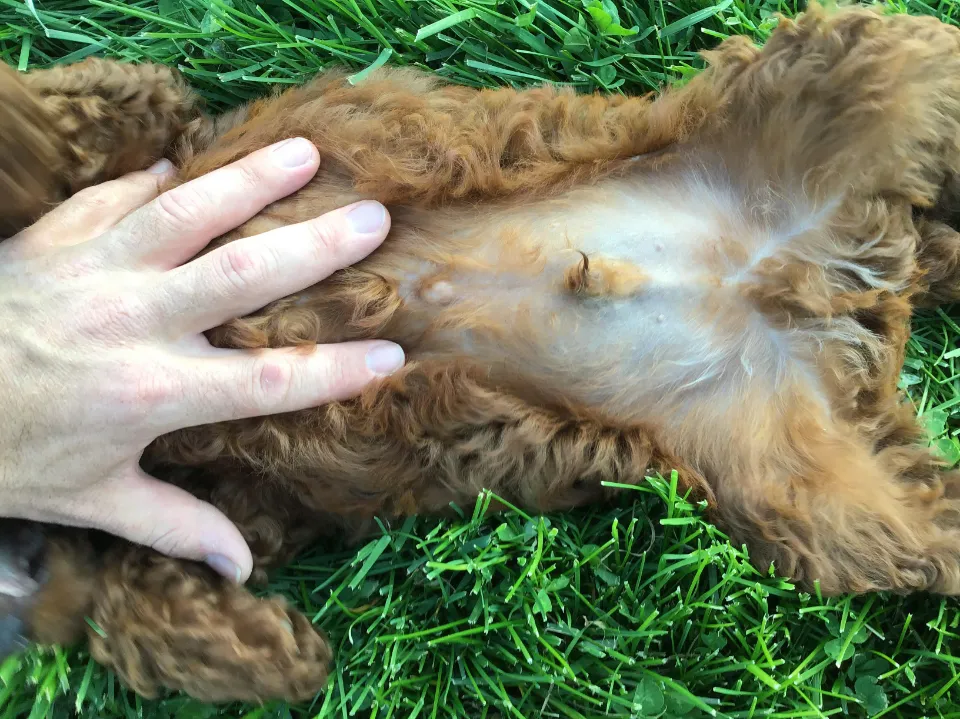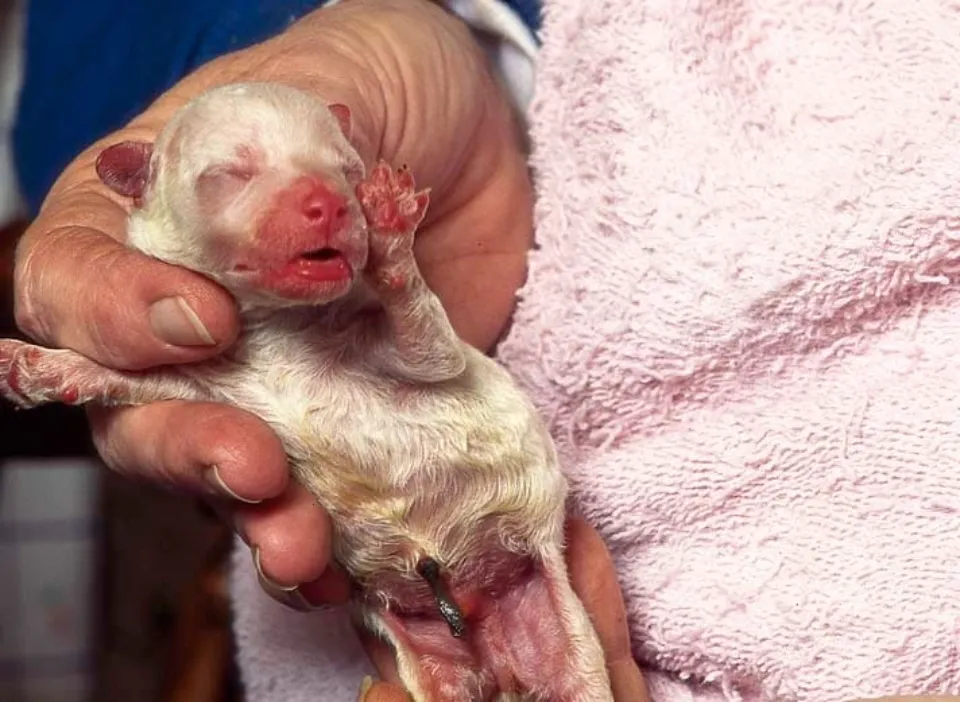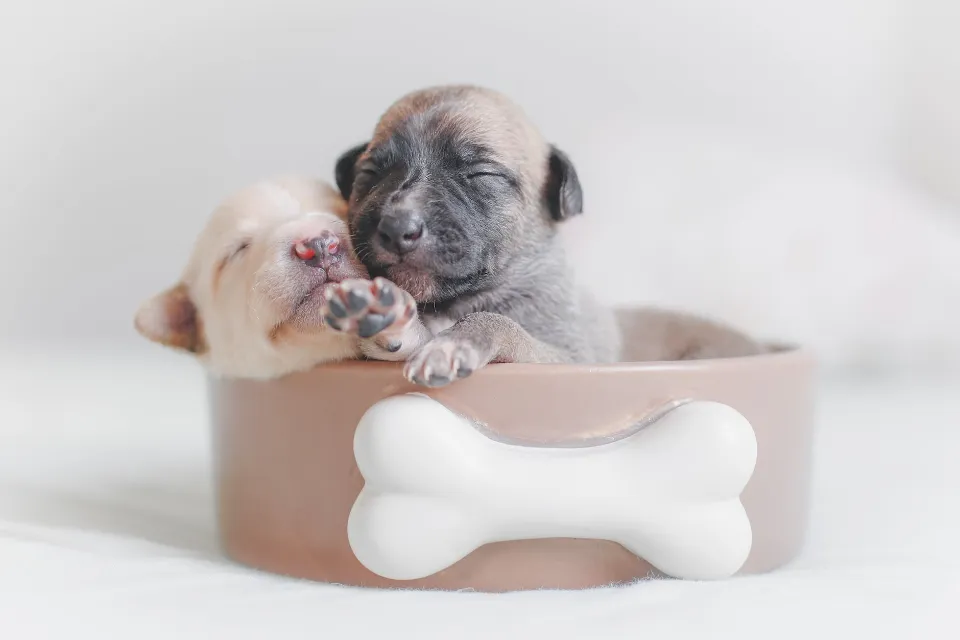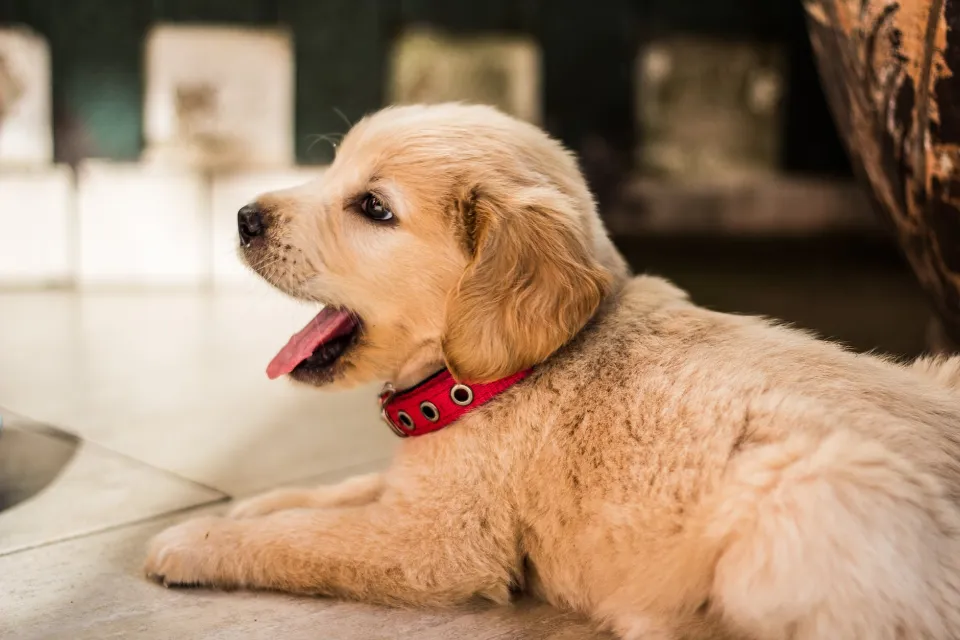Everything you need to know about umbilical hernia in puppies is covered in this article.
You should make sure to research any flaws or illnesses a puppy may have before purchasing it. Umbilical hernias are among the most prevalent genetic disorders in puppies.
Is it wise to purchase a puppy with an umbilical hernia? If so, what steps should you take to address your puppy’s health? Read on to find out.
Should I Buy a Puppy With An Umbilical Hernia?
Among the most typical hernias in puppies, umbilical hernias are quite common. It depends on the size of the hernia when deciding whether to purchase a puppy with an umbilical hernia because the majority are benign or can be quickly treated through surgery. Simply put, if the puppy has a small hernia, it should not be a problem and can be treated either naturally or quickly through surgery.
Puppies with larger umbilical hernias that continue to grow and cause the puppy to appear distressed or to experience pain when touched are likely to experience bigger and more severe issues in the future, necessitating more attention and resources from you.
Can a Dog Get a Hernia?
Yes, dogs frequently experience belly button hernia. The umbilical cord of a puppy enables it to receive nutrition from its mother before birth. This is how the puppy and its mother’s placenta connect. However, once the puppy is born, it is useless.
The mother dog typically eats it, or the dog owner will cut it off. The belly button of the puppy is made of the remaining piece. An umbilical hernia is a condition that develops when this area doesn’t always heal completely.

Causes of Hernias in Puppies
At least 90% of puppy cases of belly button hernia are genetically inherited; as a result, if one or both parents have a particular type of hernia, it is very likely that their offspring will as well. Umbilical hernias typically develop in this manner.
Trauma is a common secondary factor in hernias in young puppies. A strong impact on the body wall, such as when hit by a car, can cause trauma. Blunt force trauma is the term for it. The abdominal wall or diaphragm is torn, which makes the abdominal organs protrude.
Symptoms of Umbilical Hernia in Puppies
The signs of an umbilical hernia in your puppy are listed below.
Physical Symptoms
- When the puppy is lying on its back, look for a small opening near the belly button.
- Analyze the opening’s size. If it’s no bigger than the tip of your pinky finger, then it shouldn’t be an issue.
- The puppy’s internal organs might be slipping in and out if the opening is larger. Surgery may be necessary as a result of this serious concern.
Behavioral Symptoms
Severe hernias are likely to cause visible behavioral changes in your puppy, such as:

- Shying away from your touch.
- Its back is arched and it’s standing stiffly.
- Reduced or non-existent appetite.
- Nausea and vomiting.
If you notice any of these signs, your best course of action is to visit your vet immediately.
Are Puppy Hernias Serious?
You must pay close attention to both its present size and any changes in it in order to determine the severity of your puppy’s hernia. This is the key determining factor in the possibility of serious complications occurring down the line.
If your puppy has a hernia that is larger than 0.4 inches, it should be treated no later than 4 months of age. A quick surgical procedure is used to accomplish this. Only if the hernia shows no signs of shrinking should you consider surgery.
On the other hand, hernias that are smaller than this are unlikely to cause your puppy any discomfort or pain. In some instances, they even naturally seal off. In this situation, leaving it alone and avoiding any unnecessary surgery might be your best option.
However, if you decide to do this, be sure to monitor it carefully and take your puppy to the vet for checkups on a regular basis. Also, keep an eye out for any behavioral changes in your puppy.
Can a Puppy Umbilical Hernia Heal by Itself?
Hernias occasionally recover on their own, but the severity of an umbilical hernia in a dog will dictate the course of treatment. In line with VCA Hospitals:
- Hernias under one centimeter in size may heal on their own when a puppy reaches the age of four months.
- A puppy should have surgery to treat a hernia if it does not close within four months. During surgery, the protruding tissue is gently pushed back through the aperture. The vet then sews it shut with a few stitches.
- While a puppy is being spayed or neutered, you can also perform surgical repair. It frequently either comes free with the spay/neuter procedure or is an additional $100 to $200.
- If you decide to have the hernia repair done separately from the sterilization surgery and the dog is healthy and this is a scheduled surgery, plan on spending roughly $150 and $400.
If you need to have the dog’s illness treated right away because of complications and infection, you could spend anywhere from $500 to several thousand dollars, depending on how severe it is. If untreated, the umbilical hernia can often be fatal.

It’s critical to periodically have your puppy’s veterinary care provider assess him to determine the severity of an umbilical hernia. Umbilical hernias have no “home treatments,” thus the best course of action for your puppy’s sustained health is to follow your veterinarian’s recommendations.
Puppy Umbilical Hernia Surgery Cost
A dog hernia operation typically costs $150 to $400 (in US dollars). But this varies according to the kind, degree, and location of the hernia. If a different procedure is required to treat the hernia, expect that cost to increase because your puppy will need more general anesthesia.
Some forms of puppy umbilical hernias may be more difficult to treat and cost a lot more money. Since perineal, hiatal, and diaphragmatic hernia repairs take longer and use more resources than a straightforward umbilical hernia repair, they can cost thousands of dollars.
In some circumstances, specific dog hernia surgery procedures may be covered by pet insurance. If your puppy has pet insurance, get in touch with your provider to see if your existing plan covers the surgery.
Canine Breeds With a Predisposition towards Umbilical Hernias
Umbilical hernias in canines can be simple or complex. When an intestinal loop or other abdominal cavity contents slip through the opening (belly button) and get trapped, the hernia can become problematic.
Uncomplicated umbilical hernias are indicated by a slight swelling around the umbilicus. This growth could be cyclical and of varying sizes. If not, the canine companion will seem healthy. Basenji, Airedale, and Pekingese are a few dog breeds that are susceptible to umbilical hernias.
Conclusion
After reading this article, you should be able to recognize some hernia types and tell if a puppy has a small enough protrusion that mayeventually heal. Hernias, however, can develop later in life, so there is always a chance. So, it’s also good to know the symptoms and treatments.
Consequently, is it wise to purchase a puppy with an umbilical hernia? The choice is ultimately yours.
FAQs
Can a Dog With An Umbilical Hernia Be Bred?
If a hernia is sufficiently large that it requires surgery, the dog should not be bred. You should think of dogs with hernias that were minor or that went away on their own as having a flaw that you want to breed away from.
What Should I Do If My Puppy Has An Umbilical Hernia?
Many small hernias will close on their own. Larger hernias will require surgery to close up the opening, leaving the intestines safely inside. Your veterinarian might advise keeping an eye on your puppy and performing the procedure concurrently with spaying or neutering if it seems to be in good health.





